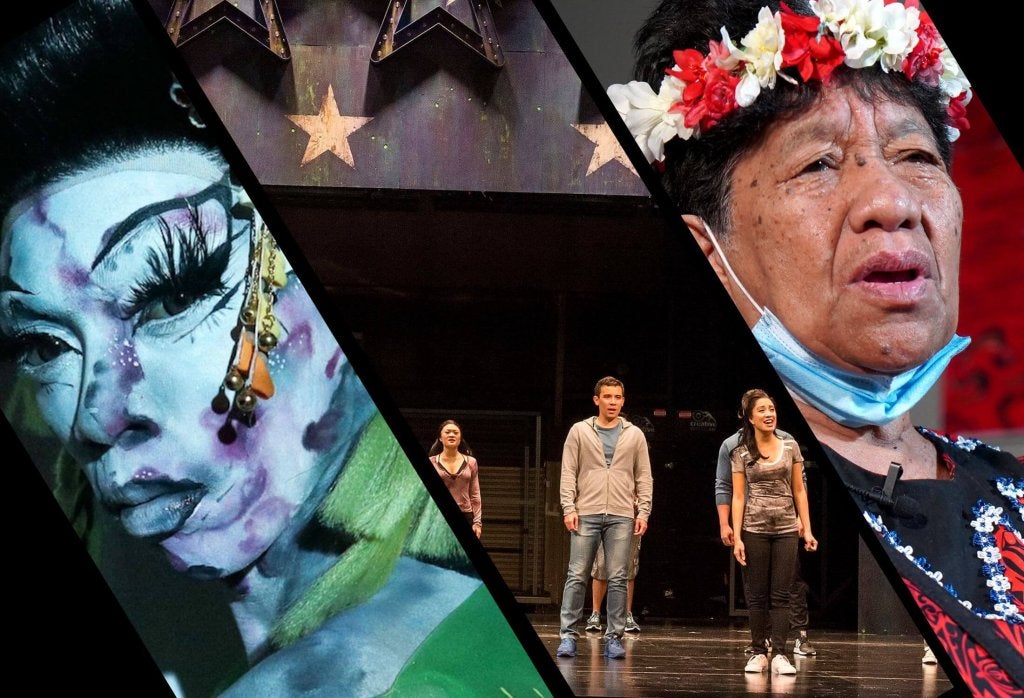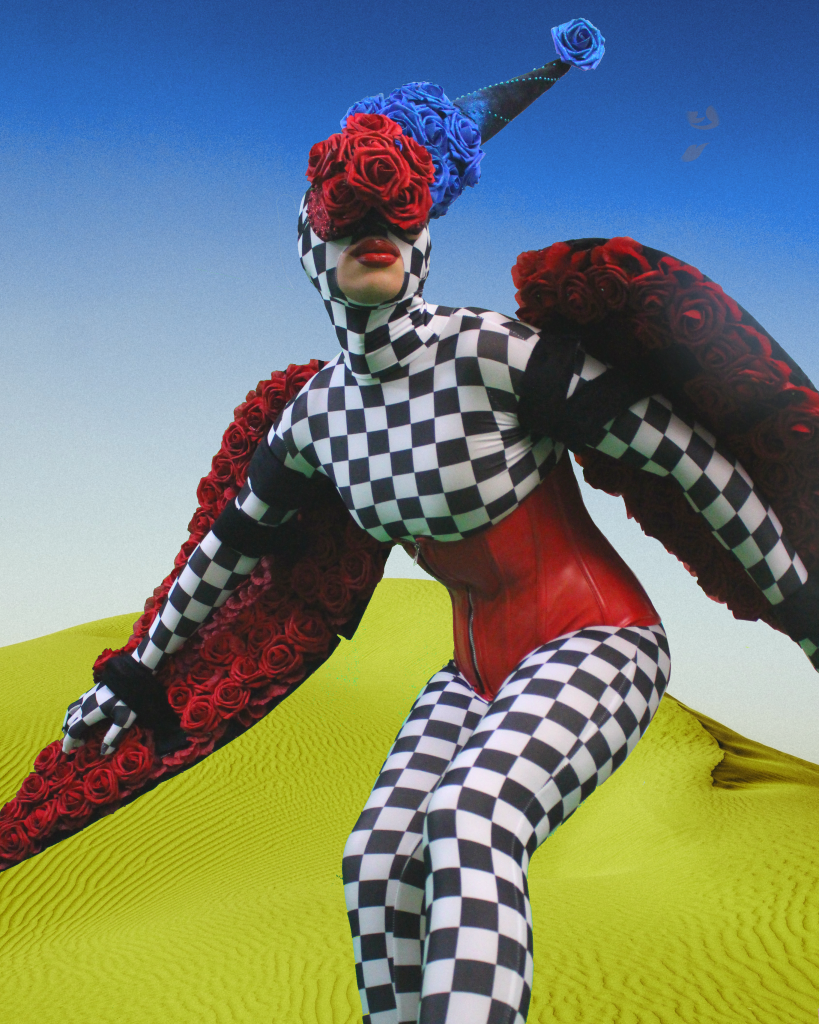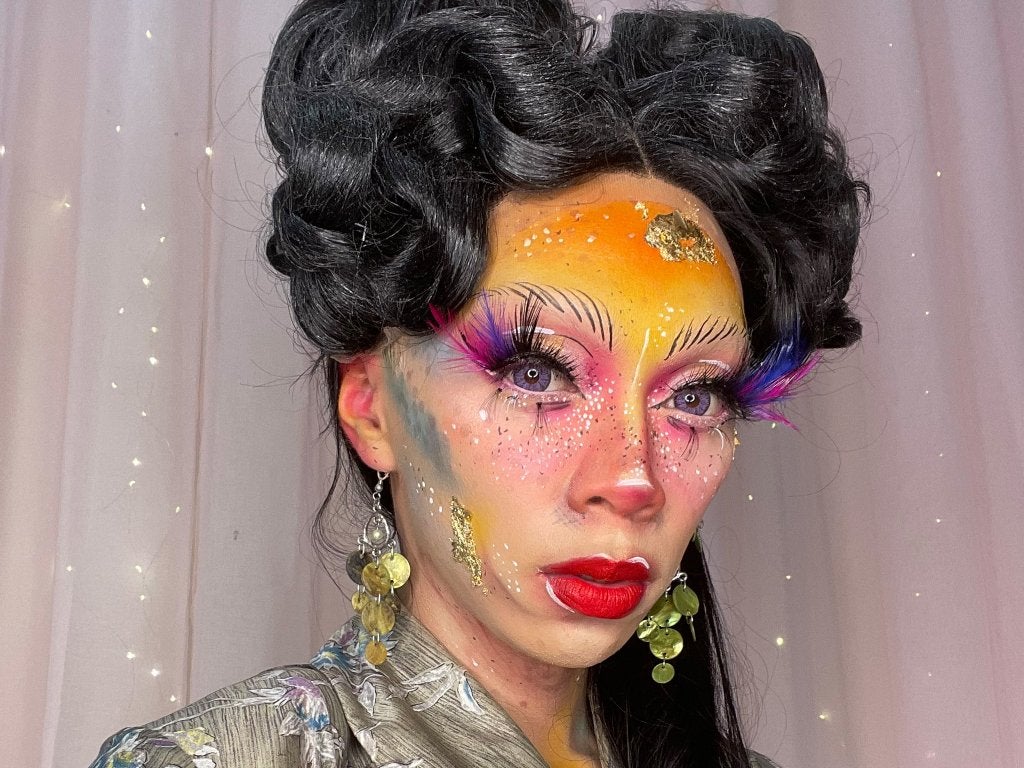The subject of Asian representation in popular media is a pressing question. While the historical roots of negative Asian stereotyping in America extend back for more than a century and a half, the more recent strife in American politics has been accompanied by an alarming rise of Anti-Asian violence.
“We wanted to talk about why we seem to be returning to anti-Asian sentiment in the U.S.,” said Raymond Knapp, professor of musicology at UCLA. “It’s undeniable that negative stereotyping in popular culture plays a role in this.”
On Saturday, October 29 at 10:00 a.m., The UCLA Herb Alpert School of Music will host a one-day symposium on the question of Asian representations in popular and artistic media, and about teaching Asian culture respectfully and honestly. The symposium is designed for scholars, teachers, students, performers, or anyone with an interest in the critical examination of culture or in its production. The symposium runs from 10:00 a.m. to 4:15 p.m. and is followed by a reception.

The symposium kicks off with a roundtable on Asian American and Pacific Islander (AAPI) performance in the classroom. The roundtable brings together scholars from multiple disciplines, from theater performance and criticism to anthropology to American studies to ethnomusicology. Participants will discuss how they approach the representation and embodiment of AAPI in their classroom, and how that can make a difference.
The symposium will also feature sessions looking at specific cultural representations. Inhabitants of the Marshall Islands will perform and discuss their native songs and their importance in Marshallese culture. The Marshall Islands were where the United States conducted the first tests detonating nuclear bombs, which had a devastating effect on the Marshallese, many of whom lost their voices. Preserving their songs, and their memory, is an important part of the Marshallese Educational Initiative, which has assisted in developing the symposium.
Participants will also dig into irony, satire, and other complex facets of AAPI representation. Drag performer Lea de la Orienté will perform and discuss drag and the satirical treatment of negative AAPI stereotypes with musicology Ph.D. graduate student Jordan Hugh Sam, addressing how drag performance can entertain using orientalist tropes without reinforcing anti-AAPI prejudice.

“Seeing Lea the first time was a really affecting experience,” explained Jordan. “Her skin was painted white emulating chinoiserie porcelain. Her body became a canvas for a multi-media piece in which images of Asian American representation covered her skin, and as she sang she meditated on these images, these legacies penetrating and forming the body. Here was someone forcing a reckoning with a collective, sometimes violent past, and using drag in a way I had never seen before.”
The keynote address will be delivered by Donatella Galella. Designed to be interactive, the keynote will focus on the musical Soft Power, written by David Henry Hwang and premiered in Los Angeles, whose satire challenges the orientalist representations of classical musicals like The King and I. Satire in musical comedy can be easily misunderstood, of course, and Galella will address how proper pedagogy can avoid the mishap of re-inscribing the very things being satirized.
The symposium is part of a larger project by the Center for Musical Humanities at The UCLA Herb Alpert School of Music to address Asian representations and musical production more broadly. This fall, there have been two events covering this topic. The Hear + Viet + Film symposium (October 21 & 22) was geared toward understanding music and film in Vietnam and the Vietnamese diaspora. This symposium is geared more towards teaching and performance as it connects with critical scholarship.
“That’s what the Center for Musical Humanities does,” explained Ray Knapp. “We combine the live musical performance with critical discussion about its meaning.”


